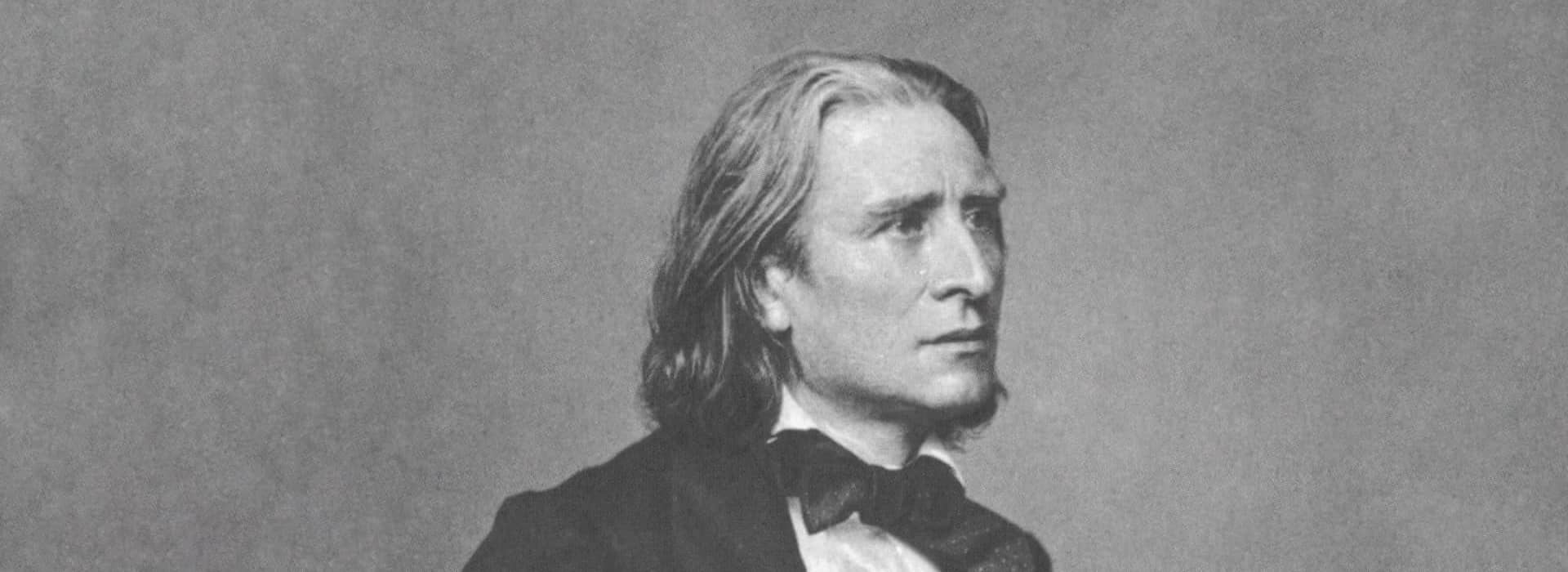In mid 1900s, Liszt used to dramatically jump on the stages in formal salons, throwing away his gloves and starting his concerts without sheet music and received standing ovations for his fiery, modernised interpretations of classical compositions. After he gained fame in European salons as a child prodigy for his talent and skill, the young Liszt embarked on the first musical world tour in history in 1839.
The tour lasted ten years and he revolutionised musical performance in that period. Liszt performed the first long evening concerts organised outside salons, in large public spaces, theatres and ballrooms. These were also the first concerts for which tickets were sold. Liszt was the first artist to have groupies following him on his travels; women used to block the streets and lay siege to hotels where he was staying.
Liszt’s performances were the first where the audience screamed. The broken strings of his pianos, parts of his clothes, cigarette butts and discarded gloves were sold as expensive and sought-after memorabilia. Everything about Liszt, from his pianist style to his image, long hair and eccentric suits, set new rules. He intentionally placed his pianos so that the audience could see his expressive face and movements. Europe had never seen such charisma on stage, such intensity of performance, or anything like it.
The great German poet Heinrich Heine called this phenomenon “Lisztomania”, coining the term that would mark the popular culture from the 1960s to date. Liszt revolutionised the art of performing. Before Liszt, nobody thought that a pianist could really captivate the audience, let alone hypnotise it. Everything we know today as a modern piano recital, from Keith Jarret and Glenn Gould to Tori Amos and Elton John, was invented by Liszt. Even the word “recital” was his creation. Franz Liszt composed 1400 works and long after his death in 1886, his influence has deeply affected European music, from Bela Bartok and Richard Wagner to the impressionists and so on, all the way to modern bands and each new generation of children who hum the Hungarian Rhapsody nr. 2 from the Tom and Jerry cartoon. In a way, Lisztomania never stopped. As the lead singer of the French band Phoenix succinctly put it, “anyone who likes classical piano must like Liszt. He was exotic, he was different and, amid the mania surrounding him, he remained pure in his own special way”. Here at the vintage winery Tonković, we are big fans of Liszt’s music. Our Fantazija, Rapsodija and Rosé wines are homage to his talent, spirit and the deep connection to the Bačka region he carried in his heart.

